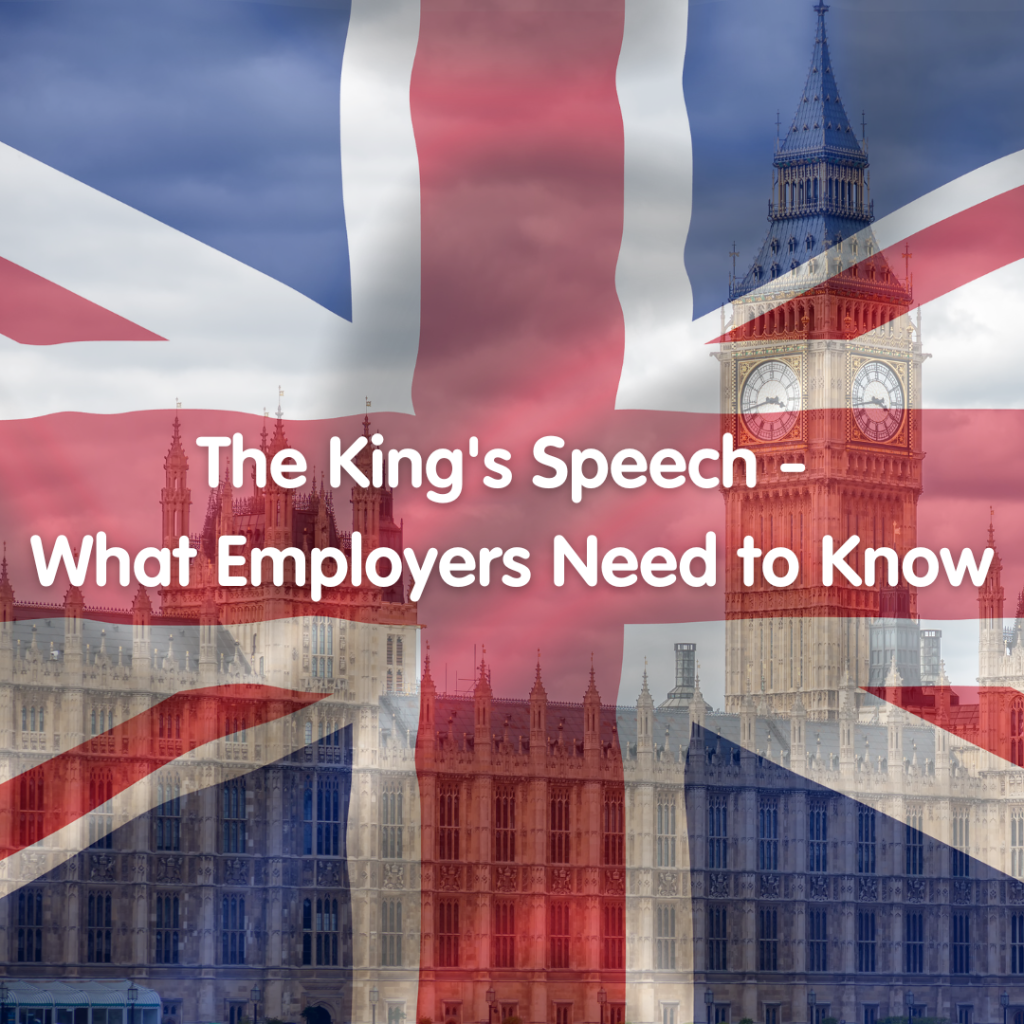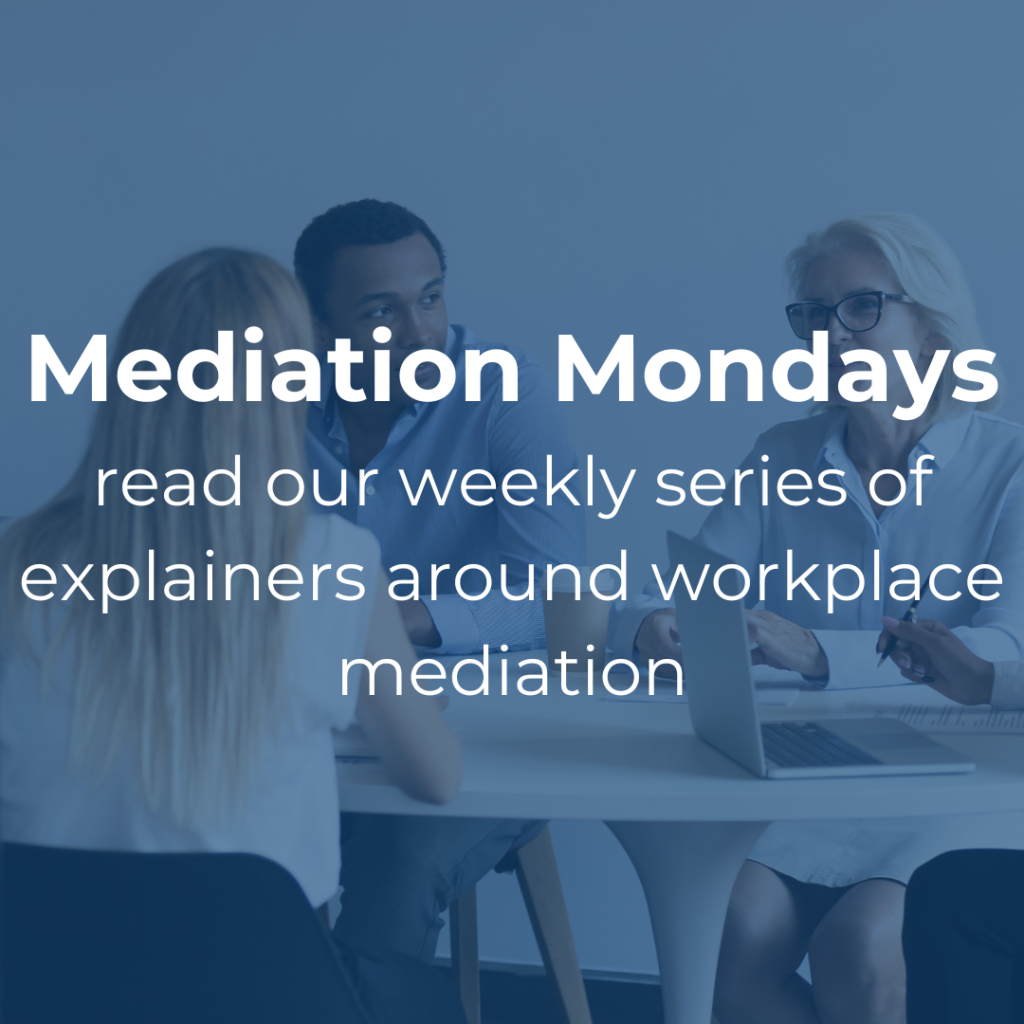
We have had a number of queries this month regarding pregnancy & maternity so we thought we would dispel some of the myths surrounding it.
Can an employee who has resigned still claim maternity pay?
Yes. As long as the employee met the notification requirements, earned the required minimum salary and was in your employment for at least 26 weeks by the end of her qualifying week, you will still be legally obliged to pay statutory maternity pay for the whole 39 weeks that they are entitled to statutory maternity pay. You may not be obliged to pay any additional contractual maternity pay, however.
Is it true that we can’t make an employee on maternity leave redundant?
No. If an employee’s role is at risk of redundancy then you can still consult with them, making appropriate amendments to your procedure to take into account the fact that they are on maternity leave. You shouldn’t hold meetings with them during the first two weeks of their leave as that could amount to a criminal offence. However, if their role is redundant at the end of the process then you can terminate their employment, but you should note that they do have the right to be automatically placed into any suitable alternative vacancies at this point.
Do we have to accommodate part-time hours when an employee on maternity leave requests it?
No. If your employee submits a formal flexible working request, you will be required to give reasonable consideration to it, but ultimately if the business cannot accommodate the request and you are confident that the reason for that falls into one of the eight statutory grounds for rejection, you don’t have to agree.
Is a zero-hours worker eligible to claim statutory maternity pay?
Maybe. If they meet the eligibility criteria in the same way as a pregnant employee, then they could still be eligible to claim. However, if there are regular breaks in their service then they may not meet the requirement of having 26 weeks’ continuous service with you.
Can we force an employee to start their maternity leave earlier than they want to?
No, except in limited circumstances. If the employee gives birth early or is absent for a pregnancy-related reason during the last four weeks of her pregnancy, maternity leave will automatically be triggered.
Whilst pregnancy and maternity leave can be a minefield for businesses, especially SME’s, we are experts in helping you navigate these tricky waters. Contact us for advice on how to manage pregnant employees or those on maternity, in the fairest way possible whilst minimising the impact this will have on your business.
We also have years of experience in both bringing and defending discrimination claims so do not delay in contacting us so that we can give you the best advice possible.






